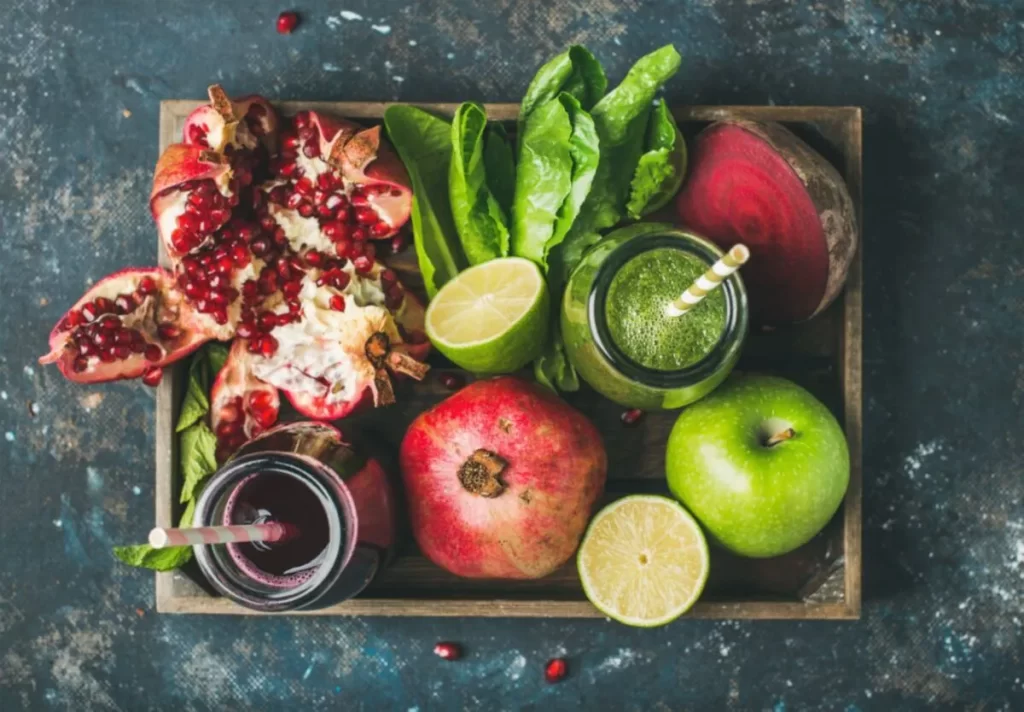“Navigating Vitamin Intake Amidst Supplement Options”
In the sea of supplements and shakes available, ensuring you get the right vitamins can be a perplexing task. The encouraging news is that a diverse and balanced diet can provide most of the essential vitamins your body needs.
Understanding Vitamins: Vitamins, minute substances, play pivotal roles in maintaining the body’s health. Each vitamin serves a distinct purpose, from supporting a healthy metabolism and fortifying the immune system to regulating hormones.
While a well-rounded diet is typically sufficient to prevent deficiencies, there are occasions when supplementation becomes necessary. If you suspect a vitamin deficiency, consulting your doctor is advisable. They can help identify your specific needs and recommend reliable supplements.
Meeting Your Daily Vitamin Needs:
Vitamin C: Essential for cell protection, wound healing, and overall health, vitamin C can be obtained through a daily intake of around 75mg. Fruits and vegetables are excellent sources.
Sources of Vitamin C:
- Strawberries
- Blackcurrants
- Potatoes
Vitamin D: Critical for bone, muscle, and teeth health, an average adult requires about 10mcg of vitamin D daily. While sunlight and animal products are primary sources, meeting the recommended intake can be challenging during winter or for those following a vegan diet. In such cases, supplements may be necessary.
Pro tip: Since vitamin D is fat-soluble, consuming it with a meal containing healthy fats, such as avocado, nuts, or eggs, enhances absorption.
Sources of Vitamin D:
- Oily fish
- Red meat
- Fortified foods (vegan milks, cereals with added vitamin D)
In the quest for optimal health, a mindful approach to vitamin intake through a varied diet can be a key strategy.
Vitamin E
As well as strengthening your immune system, Vitamin E helps maintain healthy skin and eyes. Your recommended daily intake is 4mg for men and 4mg for women.
Good sources of Vitamin E:
- Nuts & seeds
- Olive oil
- Avocado
Vitamin K
Vitamin K is essential is helping wounds heal by promoting healthy blood clotting, and may aid in bone health. Around 120mg to 160mg is recommended per day, but it’s an easy vitamin to add to your diet and deficiencies are rare.
Good sources of Vitamin K:
- Leafy greens
- Broccoli
- Chicken
Vitamin B
There are 8 types of B-Vitamins, each with different roles to play. Older adults, pregnant women and people who don’t consume animal products can be at risk of certain B-Vitamin deficiencies. If you’re concerned about a lack of B-Vitamins in your diet, it’s important to consult your doctor to pinpoint which nutrient is causing the deficiency. Tap here for an in-depth guide to Vitamin B.
Vitamin A
Vitamin A helps keep your skin and eyes healthy, as well as promoting a healthy immune system. It can be easily absorbed from your diet, and it’s important not to oversupplement. Adult males require around 700mcg of Vitamin A per day, while women require around 600mcg.
Good sources of Vitamin A:
- Liver products
- Cheese & eggs
- Oily fish
Looking for more nutrition tips? Join the community on social @SevenWorkouts for healthy living insights, recipes and more!

